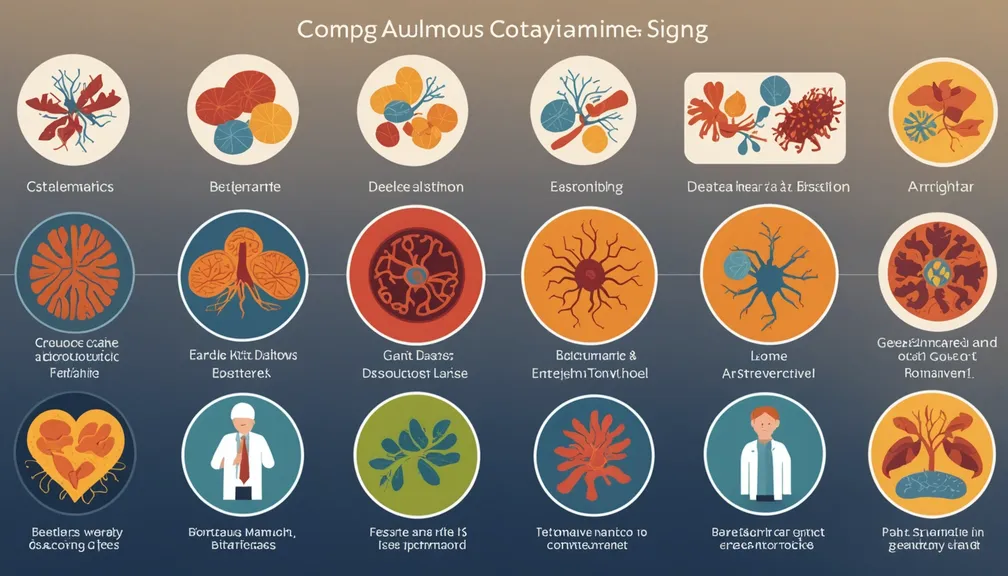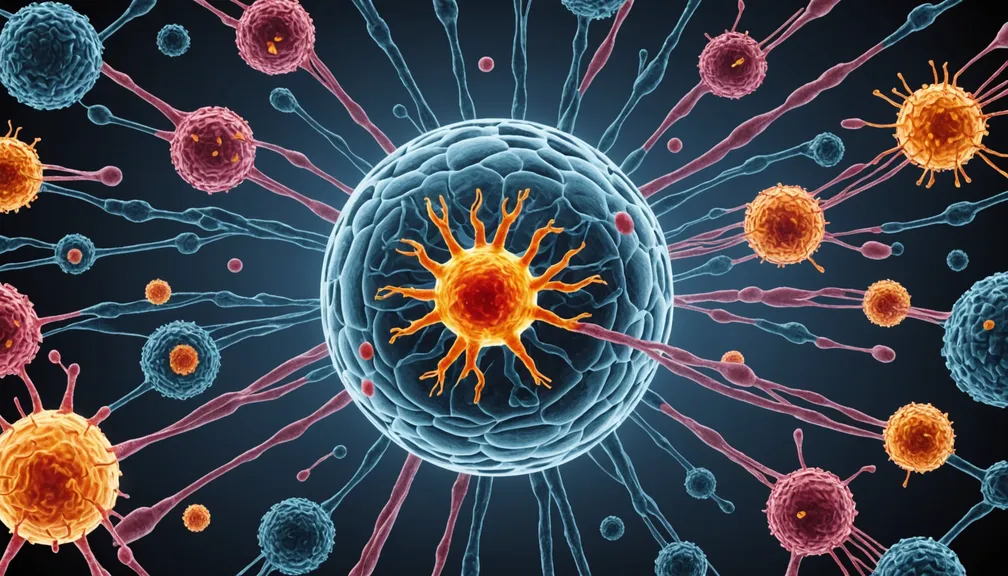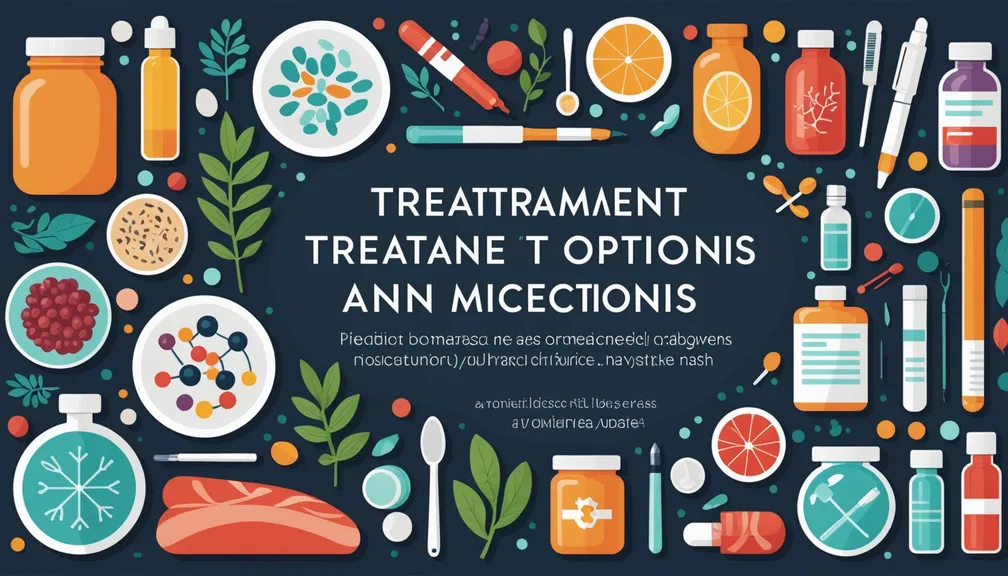Understanding Autoimmunity: When the Body Attacks Itself
1. What is Autoimmunity?
Autoimmunity occurs when the body’s immune system mistakenly identifies its own healthy cells, tissues, or organs as foreign invaders. Instead of protecting the body, the immune system launches an attack against its own components, leading to inflammation, pain, and potential damage to various body systems.
2. How Does the Immune System Normally Work?
- Immune Defense: The immune system protects the body from harmful pathogens like bacteria, viruses, and fungi.
- Recognition: It distinguishes between self (the body’s own cells) and non-self (foreign invaders).
- Response: When a threat is detected, immune cells activate to eliminate the intruders.
- Memory: The immune system remembers previous invaders to respond more efficiently in the future.
3. What Happens in Autoimmune Rare Diseases?
In autoimmune rare diseases:
- Misidentification: The immune system cannot correctly identify self from non-self.
- Attack on Self: It attacks specific healthy cells, tissues, or organs.
- Chronic Inflammation: Persistent immune response leads to ongoing inflammation.
- Organ Damage: Over time, this can cause significant damage to affected body systems.
4. Common Symptoms of Autoimmune Rare Diseases
Symptoms can vary widely depending on the specific disease and affected body parts, but common signs include:
- Chronic Fatigue: Persistent tiredness not alleviated by rest.
- Joint Pain and Swelling: Often affecting the hands, wrists, and knees.
- Muscle Aches: Unexplained muscle pain or weakness.
- Skin Issues: Rashes, redness, or other skin abnormalities.
- Fever: Mild, persistent fever without an apparent cause.
- Digestive Problems: Abdominal pain, diarrhea, or bloating.
- Nerve Problems: Tingling, numbness, or muscle weakness.
- Organ-Specific Symptoms: Depending on the organ affected (e.g., thyroid issues, kidney problems).
5. Diagnosing Autoimmune Rare Diseases
Diagnosing autoimmune rare diseases can be challenging due to their rarity and symptom overlap with other conditions. The diagnostic process typically includes:
- Medical History: Detailed review of symptoms, family history, and overall health.
- Physical Examination: Assessment of affected areas and overall physical health.
- Blood Tests: To detect specific autoantibodies and markers of inflammation.
- Imaging Studies: MRI, CT scans, or ultrasound to visualize affected organs or tissues.
- Biopsy: Sampling of affected tissue for microscopic examination.
- Specialized Tests: Depending on the suspected autoimmune disease.
6. Treatment and Management
While there is no cure for most autoimmune rare diseases, various treatments can help manage symptoms and reduce immune system activity:
- Medications:
- Immunosuppressants: Reduce the activity of the immune system.
- Corticosteroids: Decrease inflammation quickly.
- Biologics: Target specific components of the immune system.
- Nonsteroidal Anti-Inflammatory Drugs (NSAIDs): Alleviate pain and inflammation.
- Physical Therapy: Helps maintain mobility and reduce pain.
- Lifestyle Modifications: Balanced diet, regular exercise, and adequate rest.
- Regular Monitoring: Ongoing assessment to track disease progression and treatment effectiveness.
7. Lifestyle and Coping Strategies
Adopting certain lifestyle changes can enhance quality of life and help manage autoimmune rare diseases:
- Healthy Diet: Incorporate anti-inflammatory foods like fruits, vegetables, lean proteins, and whole grains.
- Regular Exercise: Engage in low-impact activities such as walking, swimming, or yoga to maintain strength and flexibility.
- Stress Management: Practices like meditation, deep-breathing exercises, or counseling can help reduce stress.
- Adequate Rest: Ensure sufficient sleep to allow the body to repair and recover.
- Avoid Triggers: Identify and minimize exposure to factors that may exacerbate symptoms, such as certain foods or environmental stressors.
- Support Networks: Connect with support groups or counseling services for emotional support.
8. Support and Resources
Managing an autoimmune rare disease involves a multidisciplinary approach. The following health professionals can assist:
- Rheumatologists: Specialists in joint, muscle, and autoimmune diseases.
- Immunologists: Experts in the immune system and related disorders.
- Neurologists: Manage autoimmune conditions affecting the nervous system.
- Gastroenterologists: Address digestive system-related autoimmune issues.
- Endocrinologists: Treat hormonal and glandular autoimmune diseases.
- Dermatologists: Handle skin-related autoimmune conditions.
- Physical Therapists: Aid in maintaining mobility and managing pain.
- Occupational Therapists: Assist in adapting daily activities to accommodate physical limitations.
- Mental Health Professionals: Provide counseling and support for emotional well-being.
- Primary Care Physicians: Coordinate overall care and referrals to specialists.
9. Building a Care Team
Creating a supportive and effective care team is essential for managing an autoimmune rare disease:
- Choose Specialists: Based on the specific autoimmune condition and affected body systems.
- Regular Communication: Ensure all healthcare providers are informed about your condition and treatments.
- Advocate for Yourself: Ask questions, seek second opinions, and stay informed about your health.
- Involve Loved Ones: Include family and friends in your care plan for additional support.
10. Staying Informed and Empowered
Empower yourself by:
- Educating Yourself: Understand your specific autoimmune disease and treatment options.
- Staying Updated: Keep abreast of new research and emerging treatments.
- Joining Support Groups: Connect with others facing similar challenges for shared experiences and advice.
- Setting Realistic Goals: Focus on achievable health and lifestyle objectives to improve your quality of life.
Remember, managing an autoimmune rare disease is a journey that involves understanding, support, and proactive care. Collaborate with your healthcare team, stay informed, and prioritize your well-being to navigate this condition effectively.






